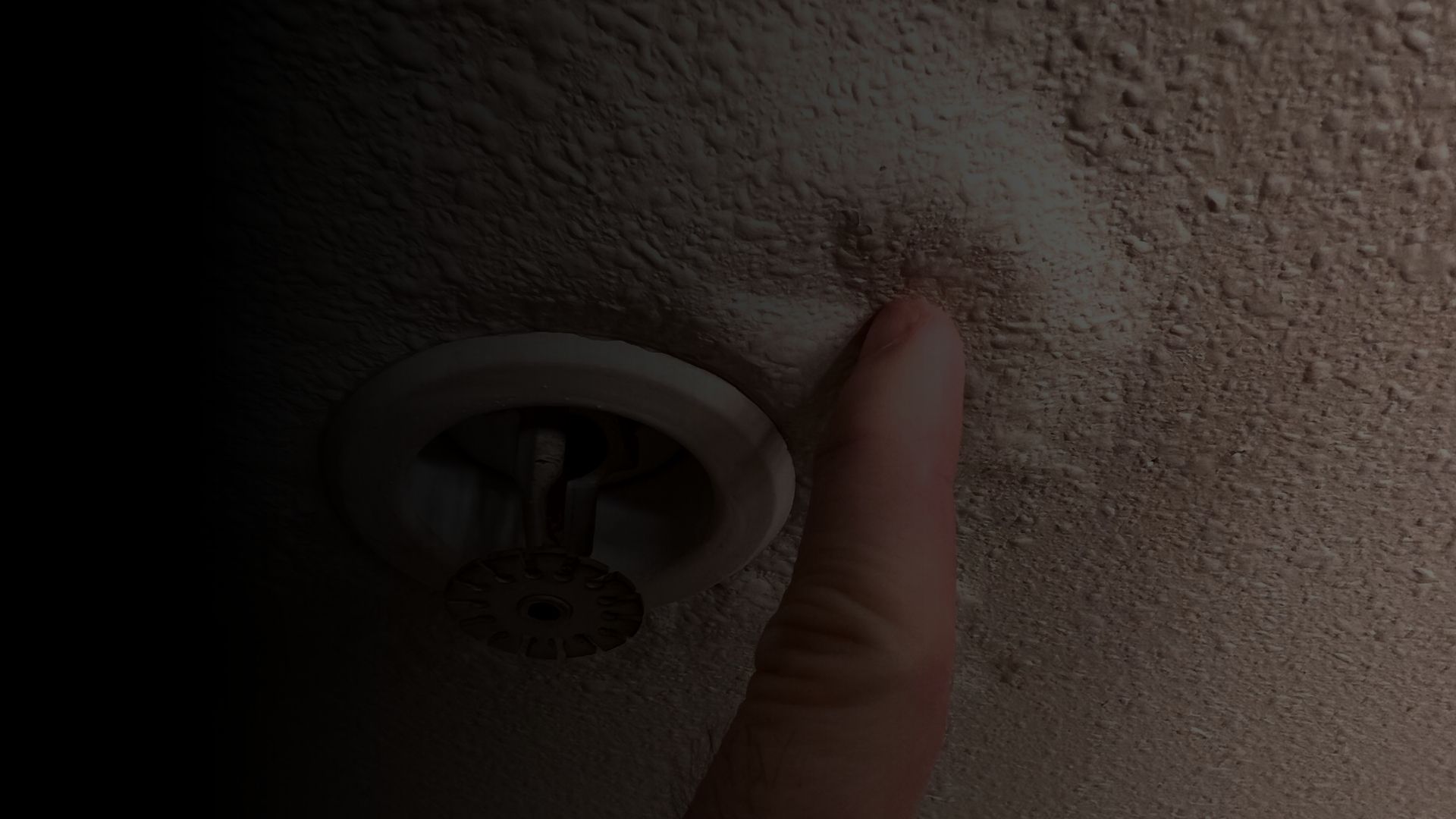FAQs about Moisture Mapping Water Damage in New Boston NH
What is moisture mapping and why is it important in water damage restoration?
Moisture mapping is a critical technique used in water damage restoration to identify the extent of water intrusion or damage within a property. By using specialized tools like moisture meters and infrared cameras, professionals can accurately detect hidden moisture behind walls, under floors, or in ceilings that may not be visible to the naked eye. This is important because it allows for a thorough assessment and ensures that all affected areas are properly dried and treated, preventing further structural damage and mold growth.
How quickly can you provide moisture mapping services in New Boston?
At Water Damage Restoration New Boston, we understand that water damage can occur unexpectedly and requires immediate attention. Our team is available 24/7 to provide moisture mapping services as soon as you contact us. Typically, we can dispatch our technicians to your location within an hour to assess the situation and start the moisture mapping process.
What should I do if I suspect water damage in my home?
If you suspect water damage in your home, the first step is to minimize the damage as much as possible. Turn off the water source if it’s still leaking and avoid walking on wet floors. Contact Water Damage Restoration New Boston immediately at (603) 471-5015 for professional assistance. Our team is trained to assess the situation, perform moisture mapping, and implement the necessary restoration measures effectively.
Will my insurance cover the moisture mapping service?
Most homeowners’ insurance policies cover water damage restoration services, including moisture mapping, as long as the damage is not due to neglect or lack of maintenance. We recommend contacting your insurance provider to review your coverage. Our experts at Water Damage Restoration New Boston can also assist you with the claims process to ensure you receive the necessary support.
How can I prevent future water damage in my home?
To prevent future water damage, regularly inspect your plumbing for leaks, ensure proper drainage around your home, maintain gutters and downspouts, and monitor humidity levels in your home. It’s also advisable to install sump pumps in basements and to consider moisture mapping assessments periodically, especially if you live in an area prone to flooding.

